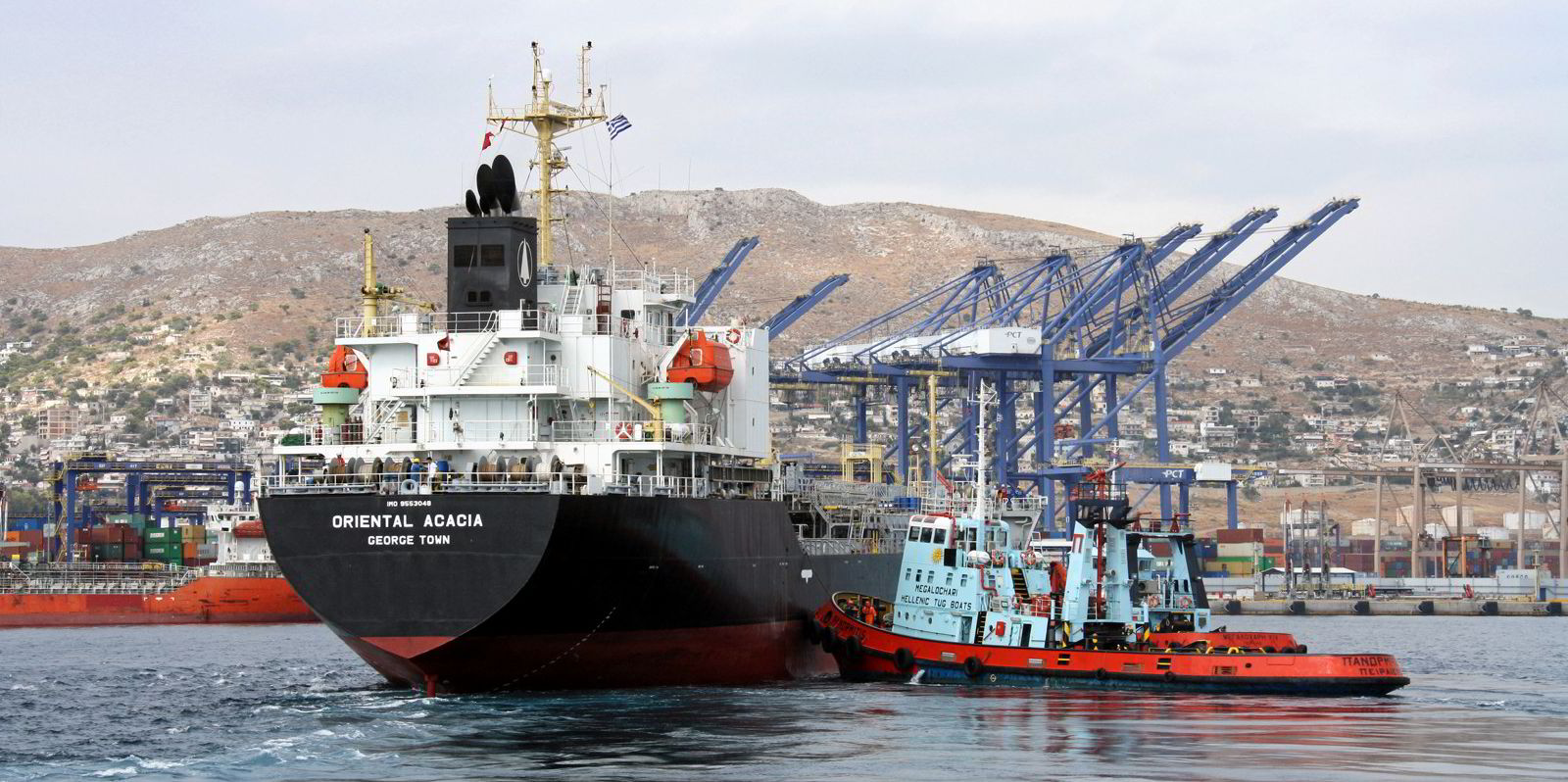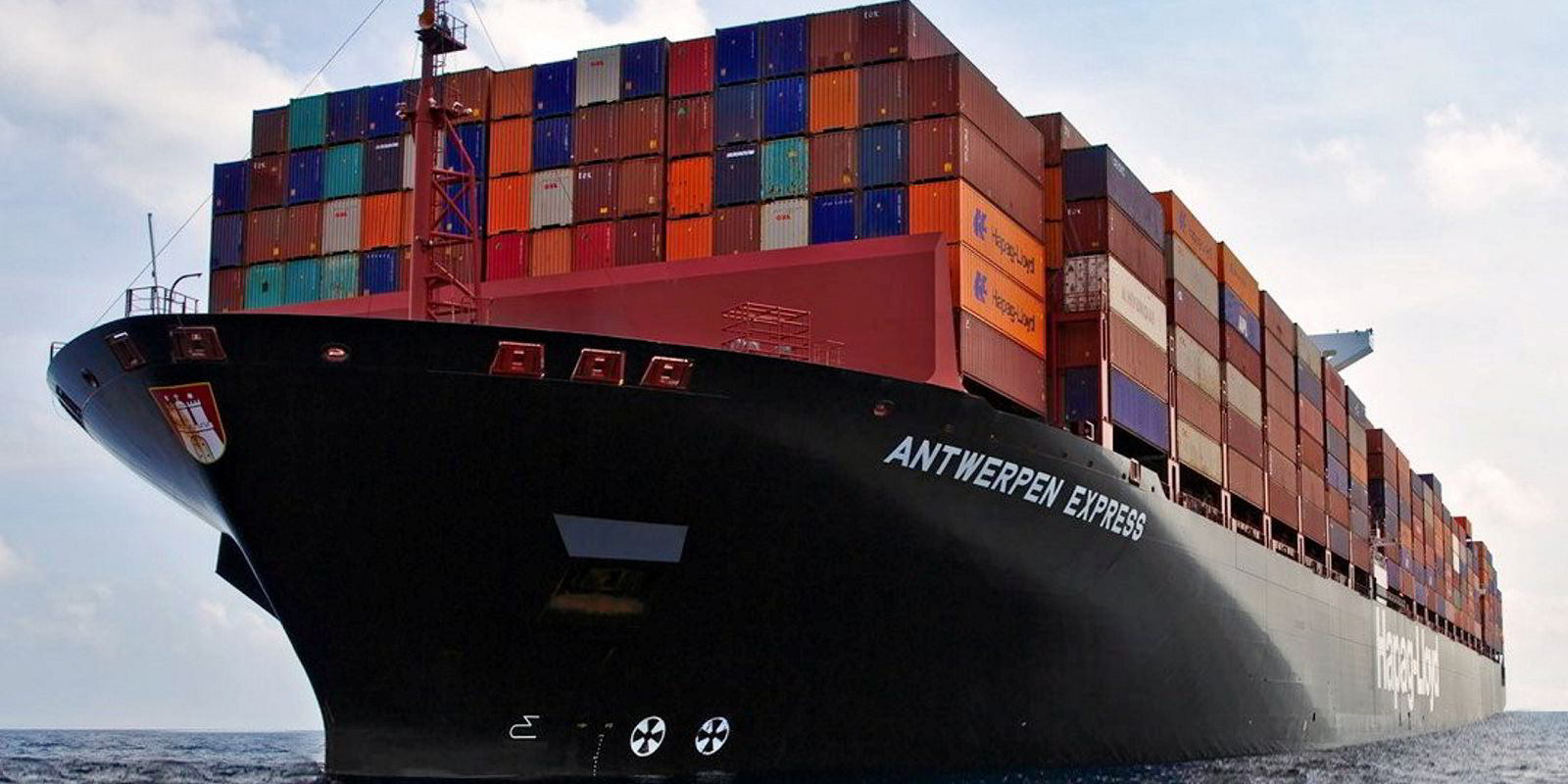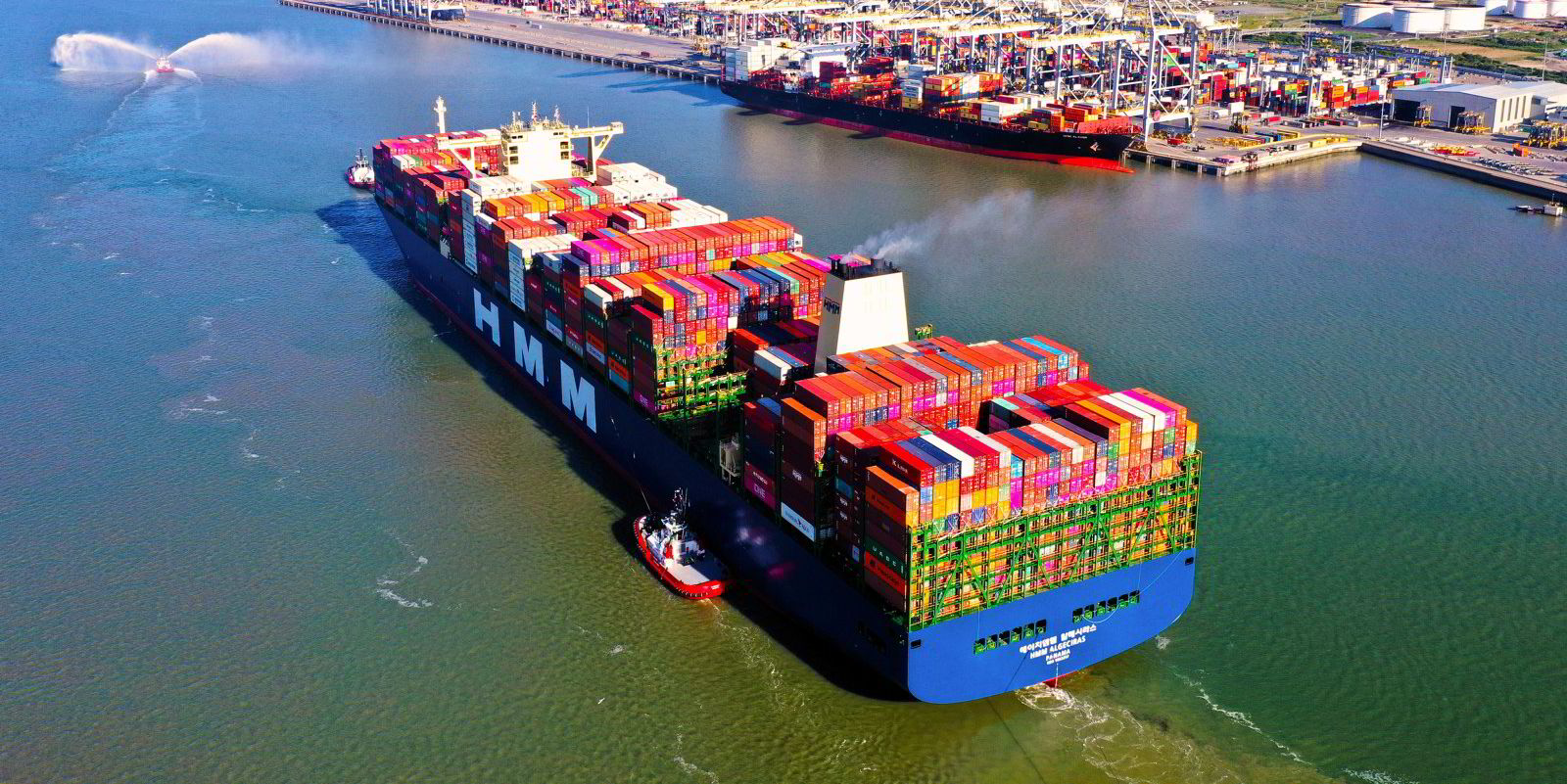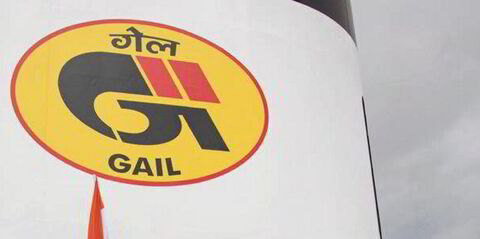Asian shipowners sailing to and from Europe are likely to face liabilities of more than €1bn ($1.08bn) once the European Union Emissions Trading System is fully implemented, sustainability data platform OceanScore estimates.
The German maritime AI technology firm believes companies registered in China and Singapore will bear the highest burden.
Calling the estimate a “moving target”, OceanScore said the total €1bn annual cost estimate for Asian shipping is based on the expected volume of EU Allowances (EUAs), or carbon credits, set to be surrendered by regional Document of Compliance (DoC) holders from 2026.

It said the cost is contingent on the volatile carbon price, which is currently at a relatively low level of around €55 ($59) per tonne of CO2 after fluctuating between €80 and €100 last year.
OceanScore has calculated that Asia-based DoC holders will ultimately have to surrender a total of between 15m and 16m EUAs, for voyages to and from the EU that are liable for 50% of emissions, while port calls and transits within the EU are liable for 100% of their emissions.
The company estimates ETS costs for Asian owners of around €500m this year when they will be liable for 40% of their emissions, rising to 70% in 2025 and 100% in 2026 under the three-year phase-in.
“The EU ETS, implemented from 1 January 2024, will affect around 4,000 Asian-flagged vessels, or about one-third of the total 12,500 cargo and passenger ships above 5,000 gt that are currently subject to the EU ETS,” OceanScore said.
These ships are owned or operated by 400 DoC holders, including big companies such as Asia’s large liner players and ship managers.
OceanScore co-managing director Albrecht Grell said a total of nearly 80m EUAs per year will have to be surrendered by the shipping industry once the system is fully phased in, of which 40% will come from non-EU companies, including the UK, Norway and Turkey.
Looking specifically at Asian shipowners, OceanScore forecasts that at full phase-in, around 5.5m EUAs will have to be surrendered by Chinese and Hong Kong-based entities and 5.4m by Singaporean companies, with the rest coming from Japan (1.6m), South Korea (1.2m) and India (1.1m).
“When other Asian countries such as Thailand and Malaysia are included, the total number of EUAs required rises to 20m,” it noted.
In a breakdown of costs exposure for individual companies, OceanScore has calculated that a company with 15 vessels would be required to surrender just over 300,000 EUAs, which would equate to €16.5m based on the current carbon price.
Mitigating measures
OceanScore said voyages to and from Europe account for 59% of emissions covered by the EU ETS, versus 41% for voyages and port calls within Europe, but will still have a lower cost burden than domestic European traffic due to the 50% liability factor.
Long-haul voyages into the EU, it said, can be broken up by stopping at transshipment ports to reduce emissions exposure, but according to Grell, “we don’t see many people seriously discussing this” due to the negative impact on fuel costs, waiting times, additional sailing distances and other inefficiencies.
He noted that European owners have begun to prepare earlier for compliance with the ETS as it is closer to home and is, therefore, perceived as having a more tangible financial impact on their operations.
Grell said non-EU players have been put at a disadvantage by having to play catch-up with the late finalisation of implementation acts by the EU to avoid being wrong-footed when collecting and later surrendering EUAs.
“It is vitally important that non-EU actors engaged in trading vessels to and from the EU also become fully up to speed with the regulation and put systems in place to manage and mitigate their EUA liabilities,” he added.
Launched in 2020, Hamburg-based OceanScore is an AI-powered platform that analyses data from multiple sources to comprehensively track primary ship emissions.
With backing from big-name liner and ship management players such as MSC Mediterranean Shipping Company, Peter Dohle Schiffahrts and Columbia Shipmanagement shareholder the Schoeller family, OceanScore is helping EU and non-EU-based shipping companies set up administrative systems to navigate the complexity of the ETS.





